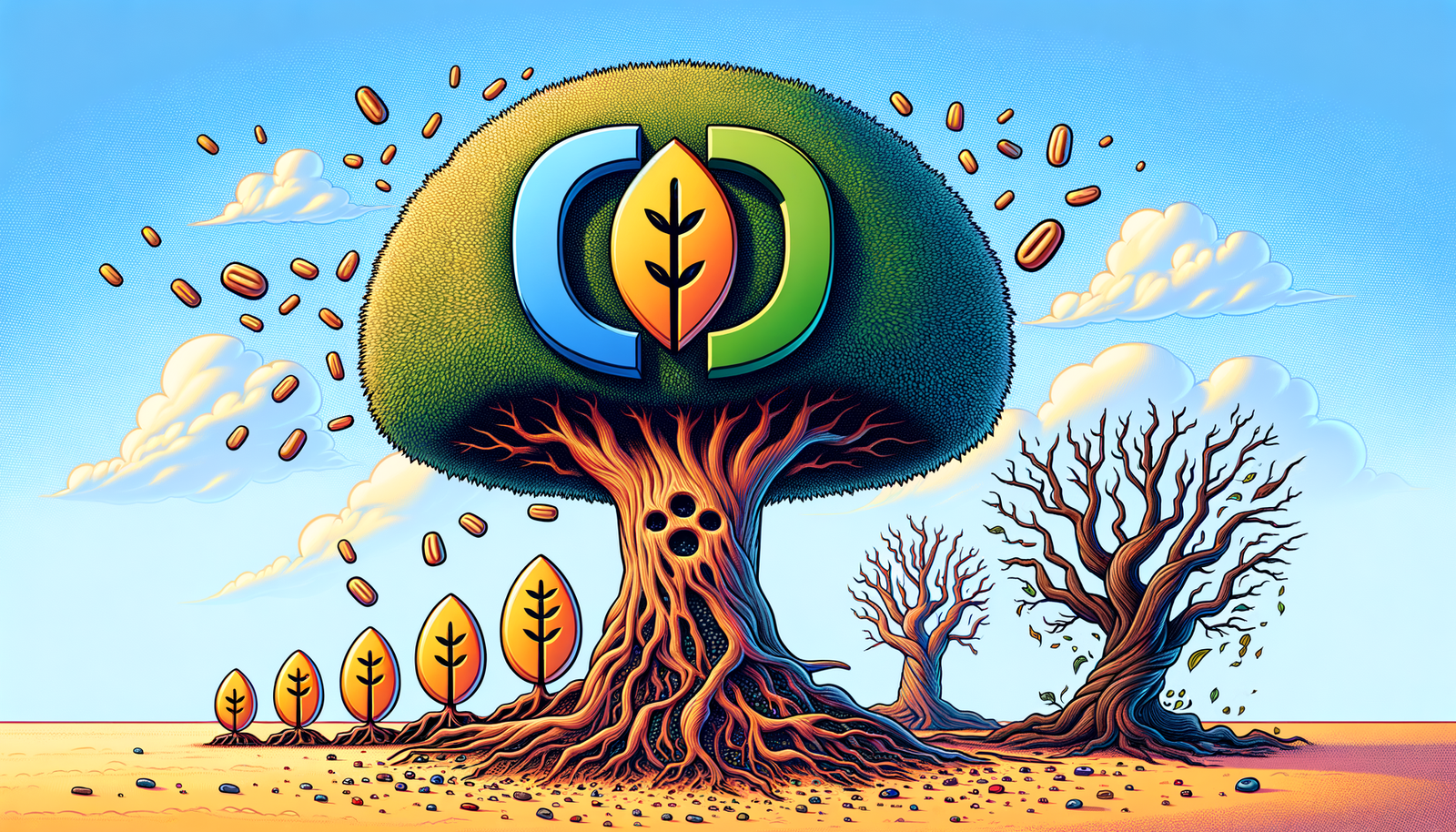Your Cart is Empty
Customer Testimonials
-
"Great customer service. The folks at Novedge were super helpful in navigating a somewhat complicated order including software upgrades and serial numbers in various stages of inactivity. They were friendly and helpful throughout the process.."
Ruben Ruckmark
"Quick & very helpful. We have been using Novedge for years and are very happy with their quick service when we need to make a purchase and excellent support resolving any issues."
Will Woodson
"Scott is the best. He reminds me about subscriptions dates, guides me in the correct direction for updates. He always responds promptly to me. He is literally the reason I continue to work with Novedge and will do so in the future."
Edward Mchugh
"Calvin Lok is “the man”. After my purchase of Sketchup 2021, he called me and provided step-by-step instructions to ease me through difficulties I was having with the setup of my new software."
Mike Borzage
Design Software History: The Evolution and Impact of QCAD in the Open-Source CAD Industry
July 26, 2024 4 min read


Overview of QCAD
QCAD is a versatile and robust open-source 2D CAD software that has significantly impacted the design industry. Its role as an open-source tool highlights the importance of accessible and modifiable software in empowering designers, engineers, and educators. Open-source software has democratized the field of design, making professional-grade tools available to a broader audience without the financial barriers typically associated with proprietary software.
Purpose of the Article
This article aims to explore the rich history and substantial contributions of QCAD to the Computer-Aided Design (CAD) landscape. By delving into its origins, technological evolution, industry impact, and future prospects, this article provides a comprehensive understanding of QCAD's role in advancing open-source design software.
The Genesis of QCAD
Origins and Founding
QCAD was founded by RibbonSoft in 1999, spearheaded by the visionary Andrew Mustun. The inception of QCAD was driven by a clear objective: to create an accessible, open-source CAD tool that could cater to the needs of designers and engineers without the steep costs associated with commercial alternatives. Andrew Mustun's leadership and the collaborative efforts of the initial development team laid the groundwork for what would become a pioneering force in the open-source CAD domain.
Early Challenges and Milestones
The early development of QCAD was not without its challenges. The team faced the daunting task of creating a comprehensive CAD tool that could compete with established proprietary software. Despite these hurdles, the vision of a free and open-source CAD solution drove the project forward. Early versions of QCAD saw a positive reception within the design community, validating the need for an open-source alternative. These initial milestones set the stage for continued development and growth.
Technological Evolution
Core Features and Functionalities
QCAD's core features have been pivotal in establishing its reputation as a reliable CAD tool. Key functionalities include layer management, block support, and DXF (Drawing Exchange Format) compatibility. These features provide users with the flexibility and precision required for complex design tasks. Compared to other CAD software available at its launch, QCAD offered a competitive set of tools, making it an attractive option for users looking for a cost-effective solution.
Development and Enhancements
Over the years, QCAD has undergone significant development and enhancements. Major updates and version releases have introduced new features and improved performance, keeping the software relevant in an ever-evolving industry. The open-source nature of QCAD has also encouraged contributions from the community in the form of plugins, scripts, and additional functionalities. This collaborative approach has been instrumental in expanding QCAD's capabilities and bolstering its user base.
Impact on the CAD Industry
Adoption and Use Cases
QCAD has seen widespread adoption across various sectors, including design, engineering, and education. Its popularity can be attributed to its accessibility and robust feature set. Educational institutions, in particular, have embraced QCAD as a teaching tool, introducing students to CAD principles without the financial burden of proprietary software. Additionally, numerous projects and industries have benefited from QCAD's capabilities, underscoring its versatility and effectiveness.
Community and Ecosystem
The thriving user community has played a crucial role in QCAD's development and success. Users have actively contributed to the software's growth by developing plugins, providing feedback, and participating in collaborative efforts. This community-driven approach has fostered a dynamic and innovative ecosystem, with notable contributors making significant enhancements to QCAD. The collective efforts of the community have ensured that QCAD remains a leading open-source CAD tool.
Future Prospects and Legacy
Current State and Future Directions
As of today, QCAD continues to evolve, with the latest versions offering advanced features and improved performance. The development roadmap outlines plans for further enhancements, ensuring that QCAD remains at the forefront of open-source CAD software. Future developments are expected to introduce new functionalities and improve user experience, solidifying QCAD's position in the industry.
Legacy and Influence
QCAD has played a pivotal role in promoting open-source principles within the CAD industry. Its success has inspired the development of other open-source design tools, contributing to a broader movement towards accessible and modifiable software. The legacy of QCAD is reflected in its impact on the industry, providing a viable alternative to proprietary solutions and encouraging innovation through community involvement.
Conclusion
Summary of Contributions
In summary, QCAD's historical significance and technological advancements have made it a cornerstone of the open-source CAD landscape. Its journey from inception to its current state highlights the importance of accessible design tools and the power of community-driven development.
Final Thoughts
Open-source software like QCAD plays a crucial role in democratizing access to powerful design tools. The continued involvement and support of the community are essential for the ongoing development and success of QCAD. As we look to the future, it is clear that QCAD will continue to be a driving force in the CAD industry, providing users with the tools they need to bring their designs to life.
Key Takeaways
- QCAD is a pioneering open-source 2D CAD software founded by RibbonSoft in 1999.
- The software's development has been driven by community contributions and a commitment to accessibility.
- QCAD's features, such as layer management and DXF compatibility, have made it a valuable tool for designers, engineers, and educators.
- The software's impact on the CAD industry is evidenced by its widespread adoption and influence on other open-source design tools.
Looking Ahead
- QCAD's development roadmap promises further enhancements and new features.
- The open-source community will continue to play a vital role in the software's evolution.
- QCAD's legacy will inspire future generations of open-source design tools, promoting innovation and accessibility in the CAD industry.
Also in Design News

Cinema 4D Tip: Cinema 4D Noise Shader Workflow for Realistic Surface Detail
February 16, 2026 2 min read
Read More
V-Ray Tip: V-Ray Velocity and Cryptomatte Motion-Blur Workflow for Compositing
February 16, 2026 2 min read
Read More
Revit Tip: Optimize Revit Project Browser Organization and Navigation
February 16, 2026 2 min read
Read MoreSubscribe
Sign up to get the latest on sales, new releases and more …


